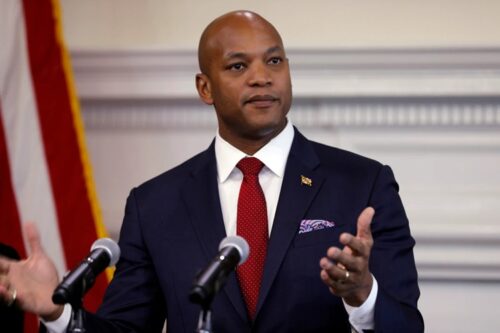
1.3.25 – WCBM
Maryland lawmakers face their toughest financial challenges in decades as they return to Annapolis Wednesday, with a nearly $3 billion deficit threatening key programs and sparking debates over potential tax increases.
The deficit, described as the worst five-year forecast in 20 years, has placed education funding at the center of contentious discussions. Advocates are fighting to preserve the Blueprint for Maryland’s Future, the state’s landmark education reform plan, while officials consider difficult choices about funding priorities.
“We’re going to be holding the pressure even stronger this year than we have in the past because we see this as the way forward, the only way forward,” said Riya Gupta, Strong Schools Maryland’s interim executive director.
Senate President Bill Ferguson, who previously opposed tax increases, has shifted his stance. While emphasizing spending cuts as the primary solution, he’s now open to exploring new revenue sources, particularly from businesses. Options include taxing digital services and reviewing business tax policies, including the potential implementation of “combined reporting” – a measure supported by many Democrats to ensure multi-state corporations pay their share of Maryland taxes.
Business leaders strongly oppose such measures. “It would send the message out to the business community that the legislature is not serious about creating a pro-growth tax structure,” said Christopher Summers, CEO of the Maryland Public Policy Institute.
Other potential solutions under consideration include:
- Adjusting individual income tax brackets for high earners
- Modifying the state’s 6% sales tax
- Reducing spending on major programs like Medicaid and child care scholarships
- Reviewing state employee hiring and cost-of-living adjustments
Governor Wes Moore must present a balanced budget plan by January 15, setting the stage for intense negotiations through early April. The outcome will affect numerous stakeholders, from educators and state employees to businesses and taxpayers.
“Trust is a thing here,” said Sharlimar Douglass, chair of Maryland Alliance for Racial Equity in Education, expressing concern about potential cuts to education reform. “I can’t trust you. That’s how I feel.”
